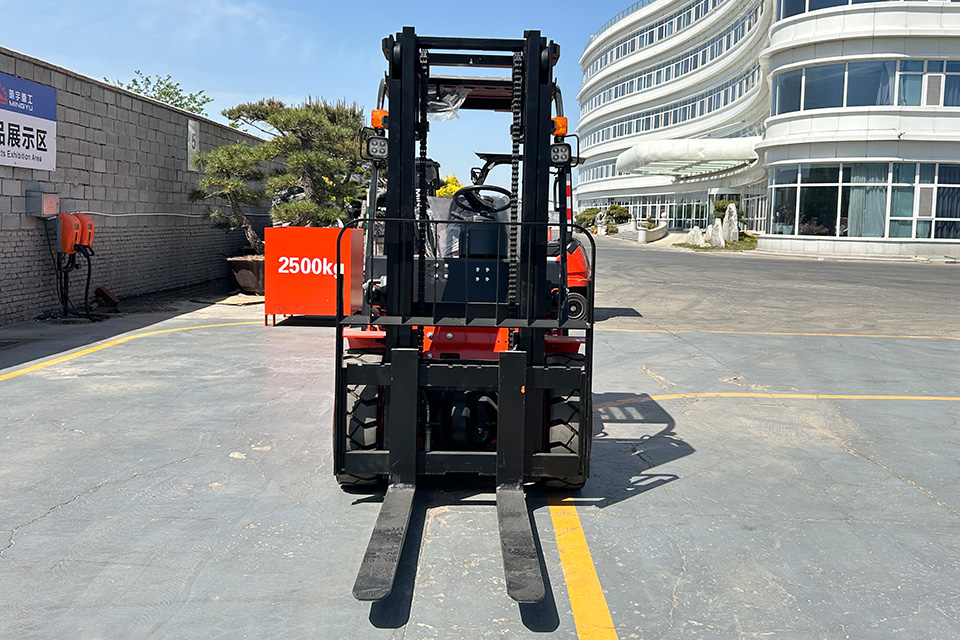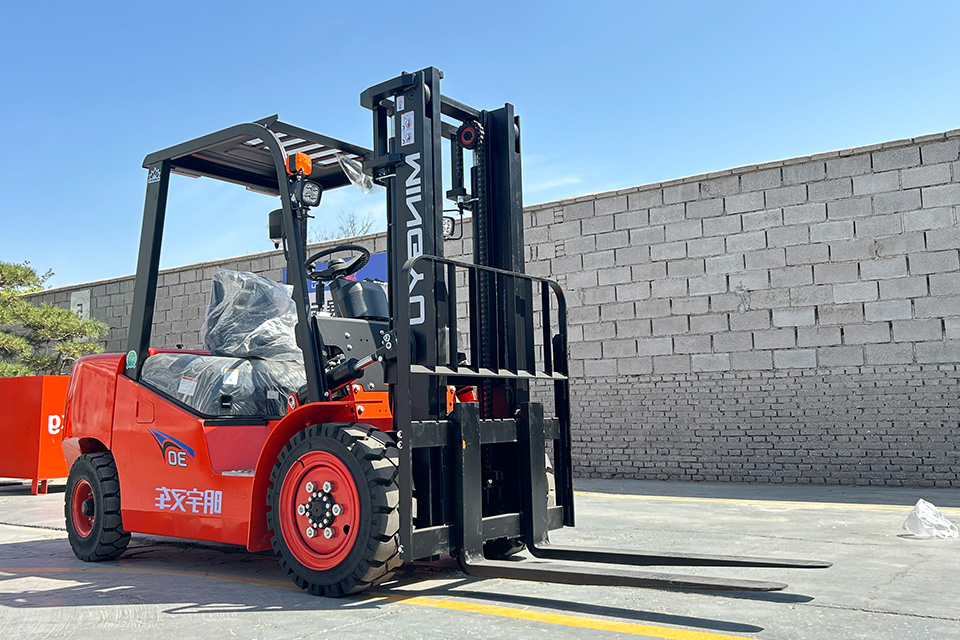
A Global Technical Guide (2024-2025)
1. Executive Summary
In most jurisdictions a forklift certificate of training (often colloquially called a “license”) is valid for three years. After that period, operators must complete refresher training and a practical re-evaluation to remain compliant with OSHA, HSE, CSA, SafeWork Australia and similar authorities. The three-year cycle is the de-facto global norm, but some countries or special-case scenarios may shorten or extend the interval.
Region / Authority Typical Validity Renewal Trigger Reference
USA – OSHA 3 years Calendar + incident triggers
Canada – CSA / Provincial 3 years Calendar + incident triggers
UK – HSE (ACOP L117) 3–5 years (recommended max 3) Calendar + incident triggers
Australia – SafeWork 5 years (LF/LO licence) Calendar + incident triggers
EU Member States 3–5 years National legislation, ADR guidance
Japan / China 3–5 years (varies by prefecture / province) Calendar + incident triggers
⚠️ Important: the certificate itself carries no statutory expiry date in the UK wording, but employers must demonstrate operator competence at least every three years.
2. Why Does Certification Expire?
Regulators require periodic renewal for four core reasons:
Regulatory Updates – safety rules evolve (e.g., ANSI B56.1, ISO 3691-1).
Skill Fade & Bad Habits – infrequent drivers may forget best practices.
Equipment or Workplace Changes – new attachments, racking, surfaces, or traffic flow.
Accident Prevention – refresher training statistically lowers incident rates.

3. Renewal vs. Recertification vs. Refresher
Term Meaning Typical Length
Refresher Short course (4–8 h) to reinforce skills ½–1 day
Recertification Full theory + practical test identical to initial 1.5–3.5 h
Renewal Administrative re-issue after successful recertification Instant
4. Early Renewal Triggers (Before Standard Expiry)
Operators must immediately undergo retraining if any of the following occur:
Unsafe operation observed
Accident or near-miss involvement
New forklift class or attachment introduced
Significant workplace layout or traffic changes
5. Employer Obligations
Calendar tracking – maintain a matrix of certificate expiry dates.
Site-specific evaluation – even if national validity is 5 years, employers often require 3-year refreshers.
Documentation – keep copies of certificates, evaluation forms, and refresher records for at least 3 years (OSHA) or 5 years (SafeWork AU).
6. Practical Renewal Process (3-Step Checklist)
Theory Review (30–90 min)
Stability triangle, load charts, pedestrian safety, battery/LPG handling.
Hands-On Evaluation (30–120 min)
Pre-use inspection, obstacle course, stacking/de-stacking, ramp work.
Issue New Certificate & Wallet Card
Valid for another 3 years (5 in Australia) from the evaluation date.
7. Penalties for Lapsed Certification
Operator: May not legally operate equipment; risk of job suspension.
Employer: Fines from OSHA (up to $16,131 per violation), HSE Improvement Notices, or SafeWork infringement notices.
Insurance: Claims may be denied if the operator’s certificate was expired at the time of incident.
8. Global Snapshot Summary
Scenario Action Required Typical Validity After Renewal
Standard Counterbalance Forklift 3-yr refresher + practical 3 years (USA/CAN/UK)
Reach Truck / Order Picker Same cycle 3 years
Rough-Terrain Telehandler Same cycle 3–5 years
Australia LF/LO Licence 5-yr renewal + practical 5 years
EU ADR-aligned countries 3–5 yr refresher 3–5 years

9. Quick Decision Tree
Has 3 years passed since last evaluation
├─ YES → Schedule refresher & practical test
└─ NO → Check for early triggers (incident, new equipment, unsafe observation)
├─ Trigger present → Immediate retraining
└─ No triggers → Continue operating
10. Key Takeaways
Three years is the global benchmark for forklift certification validity.
Australia stands out at five years, but employers often choose three-year refreshers.
Early retraining is mandatory after incidents, equipment changes, or observed unsafe acts.
Employers—not the card itself—own the compliance burden. Maintain records and schedule renewals proactively.
By treating certification as a living document rather than a one-time credential, organizations uphold safety standards, reduce liability, and ensure operators remain competent in an ever-evolving workplace.
Name: selena
Mobile:+86-13176910558
Tel:+86-0535-2090977
Whatsapp:8613181602336
Email:vip@mingyuforklift.com
Add:Xiaqiu Town, Laizhou, Yantai City, Shandong Province, China